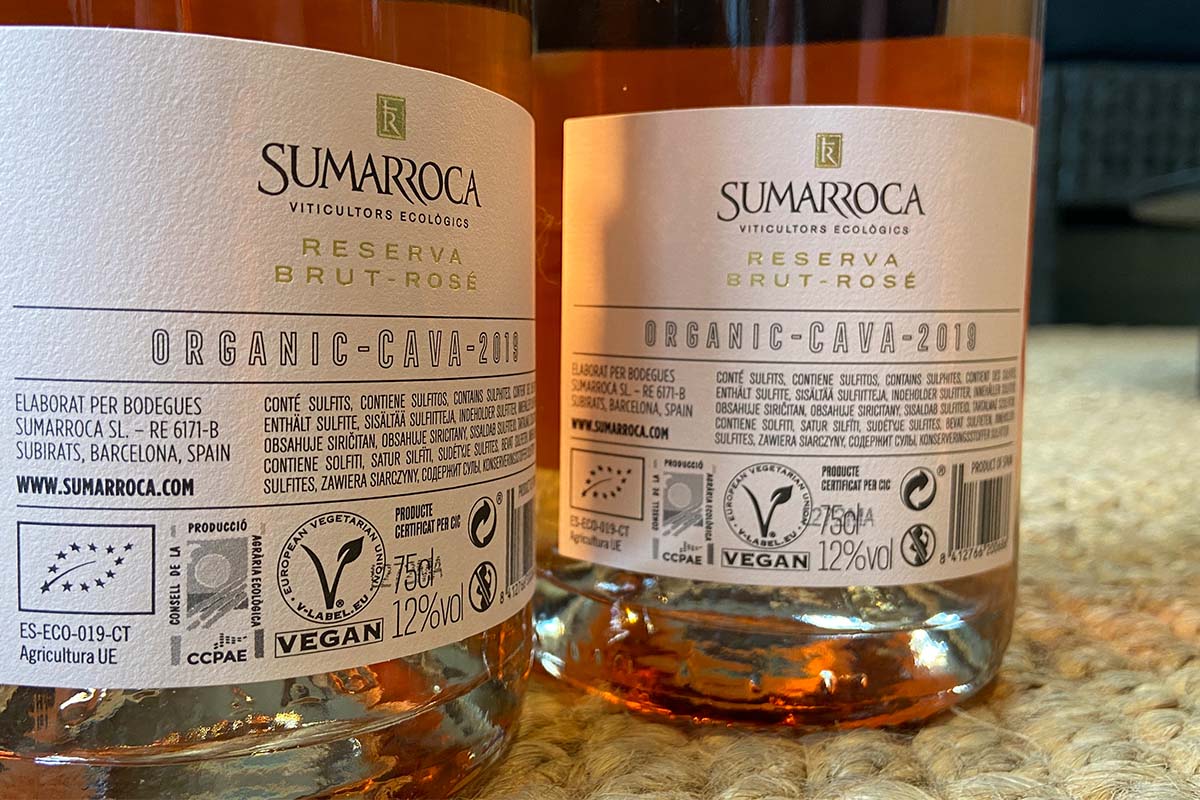The origin of organic wine is already in cultivation. In the vineyard, man respects and accompanies his natural evolutionary cycle. The philosophy lies in the minimum intervention, agrotoxics such as chemical synthetic fertilizers, pesticides and industrial herbicides are prohibited. Treatments with natural products and the use of local yeasts and natural clarifiers are permitted.
In addition, natural organic fertilizers are used in the soil of the vineyards. In the case of Sumarroca, they come from the remains of pruning and their own vegetables (biomass) and from organic farms close to the area.
One of the missions of organic farming is the preservation of the environment, a goal that is also found in the DNA of Sumarroca. For us, it is also essential to preserve the environment and the territory and the commitment to local varieties, which in the end give our wines and cavas personality and authenticity.
The standards of organic farming are grouped by the Catalan Council of Organic Agricultural Production (CCPAE), which certifies organic agri-food products. The use of sulfites is also limited by this body, which allows the use of a maximum of 100mg/l in red wines and 150mg/l in white and rosé wines. In addition, the corks in the bottles must be natural (without glue or other synthetic materials).
To physically differentiate an organic wine from a wine produced through conventional agriculture, you need to look for the stamp with the leaf on the counter label.
Finally, organic wine also brings more benefits to our body. It has a very high concentration of polyphenols (bioactive substances), antioxidants beneficial for the prevention of cardiovascular diseases.



